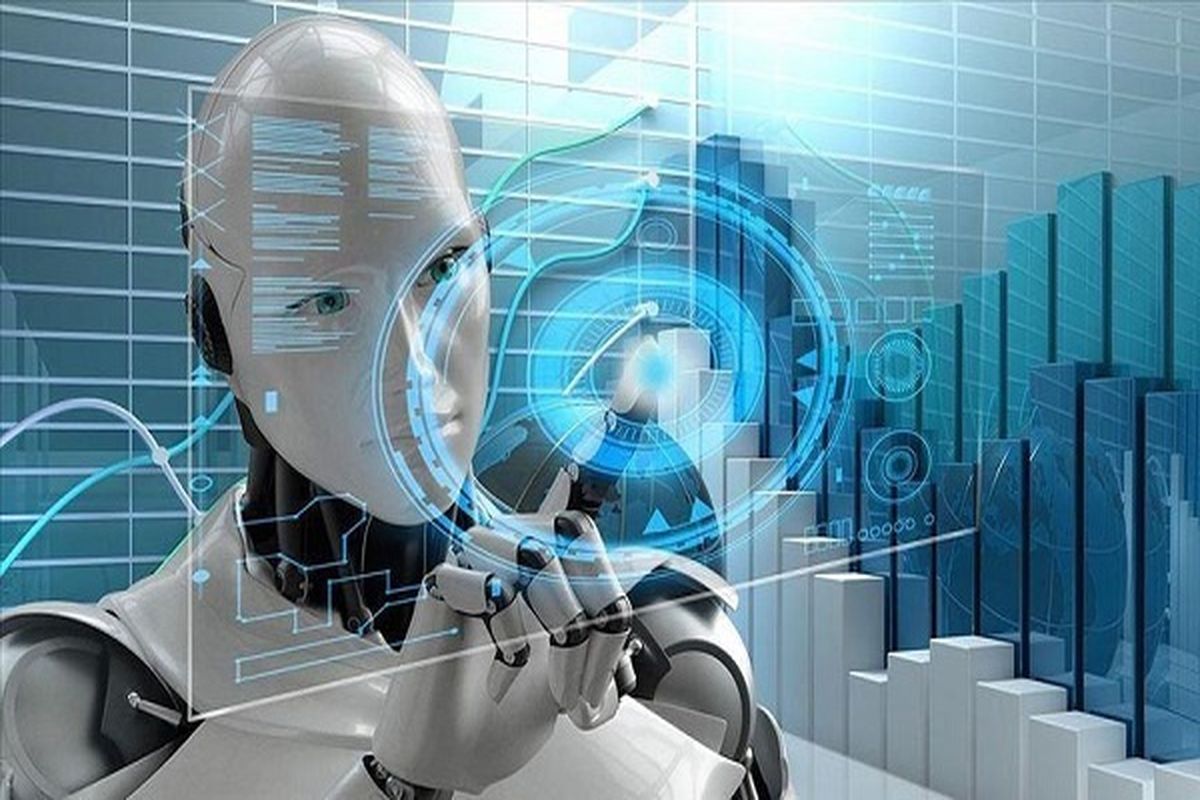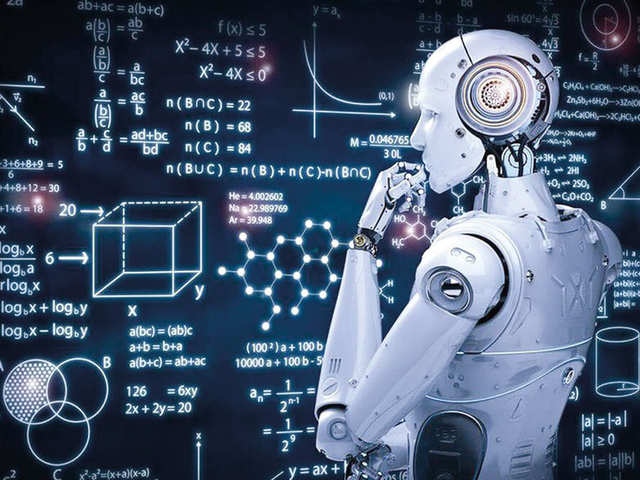Artificial intelligence (AI) has increasingly become interesting for many organizations as they look to automate tasks and streamline operations. While benefits of artificial intelligence are many, there is worry about its impact on job automation which might cause human job losses in the next decade. Here is an in-depth analysis of the impact of AI on job automation and how it will destabilize the workforce.
AI can automate many jobs that are currently done by humans. These include both manual labor jobs and jobs that need critical thinking and decision-making. For instance, AI can automate factory work, customer service, transportation, and administrative tasks, resulting in increased efficiency, reduced labor costs, and enhanced accuracy.
However, this also means that many jobs currently held by humans might become obsolete. Based on a McKinsey & Company report, nearly 800 million jobs globally could be lost to automation by 2030. This includes jobs in sectors such as transportation, manufacturing, and customer service.
Related: We Are Beginning The Age Of AI
AI Is Already Taking Over Jobs
The impact of AI on job automation is already being felt in several industries. For example, in the manufacturing sector, robots are increasingly being used to assemble products and perform other tasks previously done by humans. This strategy has boosted efficiency and reduced labor costs for companies. Unfortunately, it also means that fewer human workers are needed.
In the transportation industry, self-driving cars and trucks are being manufactured that could ultimately replace human drivers. Self-driving cars can reduce the number of accidents caused by human error and, in turn, increase efficiency in the industry. Nonetheless, it also means that millions of jobs currently held by human drivers could be lost.
The impact of AI on job automation is not limited to manual labor jobs. Artificial intelligence can also automate jobs that call for critical thinking and decision-making. For instance, in the financial industry, AI algorithms analyze data and make investment decisions. These algorithms are also integrated into trading bots to invest in the money, stock, and crypto markets. This can lead to increased efficiency and accuracy. Nevertheless, it also means that some jobs held by financial analysts, traders, and investment managers may become obsolete.
Related: Crypto Trading Bots: What is it?
A Multifaceted Approach Is Necessary
The impact of AI on job automation is a complex issue that needs a multifaceted approach. On one hand, artificial intelligence can increase efficiency, reduce labor costs, and improve accuracy. On the flip side, it means that many jobs currently held by human workers may become obsolete.
To mitigate the impact of AI on job losses due to automation, companies, and governments must take a proactive approach. This includes investing in retraining programs for the workers who may be affected by automation. Workers who have skills that cannot be easily substituted with AI, such as creativity and emotional intelligence, will undoubtedly be in high demand in the future. Retraining programs can enable workers to develop these skills and adapt to the rapidly-changing job market.
It is also important for companies and organizations to be transparent about their use of AI and the potential impact on the workforce. They need to communicate with employees about how AI will be used in the workplace and what jobs may be affected. It also means being open to feedback and suggestions from employees about how AI can be used to improve their jobs and the general work environment.
Governments can also play an integral role in minimizing the impact of AI on job automation. They can invest in education and retraining programs, and offer financial support to workers who may be heavily affected by automation. Furthermore, governments can incentivize companies to invest in retraining programs and hire workers affected by automation.
In conclusion, the impact of artificial intelligence on job automation is a complex issue that requires a multifaceted approach. To mitigate the impact of AI on job automation, companies, and governments need to take a proactive approach. This includes investing in retraining programs for workers, being transparent about the use of AI in the workplace, and incentivizing companies to invest in retraining programs to reduce the rate of layoffs.
Related: No-Code Introduces Artificial Intelligence Power To The Masses In 2022
But on the other hand…
Artificial intelligence (AI) has already started transforming many sectors of the global economy. It is expected to continue to do so in the next decade. While AI has many benefits, including improved efficiency and productivity, it also raises fears about job losses through automation. The impact of AI on job automation in the next decade is a topic of much debate and speculation. Some analysts predict significant job loss, while others argue that AI will eventually create new job opportunities.
Here we explore the impact of artificial intelligence on job automation in the next ten years and its potential implications.
Firstly, it is important to understand what artificial intelligence is and how it works. AI refers to machines that can learn and perform tasks that would normally need human intelligence, such as understanding natural language, recognizing images, and making decisions. AI algorithms are trained on large amounts of data and can continue to learn and improve their performance over time. This makes AI a powerful tool for automating routine tasks and boosting efficiency.
The impact of AI on job automation is already being felt in many industries. According to a report by the World Economic Forum, the adoption of AI and automation technologies could result in the loss of 85 million jobs globally by 2025. With the rise of AI tools like ChatGPT, more human jobs are at risk of becoming obsolete. However, the same World Economic Forum report also predicts that these technologies will create 97 million new jobs. Hence, it will result in a net gain of 12 million jobs. The new jobs will likely be in industries such as healthcare, education, and technology, which need skills that are difficult to automate.
Related: Open AI’s New Invention – ChatGPT
One of the primary benefits of AI is that it can automate routine and repetitive tasks, freeing up time for workers to focus majorly on more complex and creative tasks. For example, in the manufacturing sector, AI can be used to automate assembly line processes, letting workers focus on quality control and other tasks that need human judgment. In the healthcare space, AI can be used to automate administrative tasks such as scheduling appointments, enabling doctors and nurses to spend more time with patients.
Nevertheless, the impact of AI on job automation spreads beyond routine tasks. AI can also be used to perform tasks that require human judgment, such as diagnosing medical conditions or evaluating job candidates. As AI algorithms become highly sophisticated, they might replace some jobs that were previously thought to be immune to automation.
Another potential impact of AI on job automation is the shift toward a gig economy. The gig economy is a labor market characterized by short-term contracts or freelance work instead of permanent jobs. Artificial intelligence can boost the gig economy by providing workers with the tools they need to work independently, including online platforms that match workers with clients. This could result in a more flexible and decentralized labor market. But on the downside, it could result in less job security and lower wages.
One of the challenges of AI and job automation is that it can exacerbate existing inequalities. For example, the low-skilled workers who are most vulnerable to job automation may lack the resources or skills to transition to new jobs. Eventually, this could lead to greater income inequality and social unrest. It is therefore important to ensure that the benefits of artificial intelligence are distributed fairly and that workers have the support they need to transition to new jobs.
To minimize the impact of AI on job automation, various strategies can be used. One approach is to focus on re-skilling and upskilling workers to prepare them for the new jobs that will be created by artificial intelligence. This could involve investing in education and training programs that teach workers new viable skills in areas like data analysis and programming.
Another approach is to come up with policies that promote job security and income support for staff who are displaced by AI and automation. This could include offering unemployment benefits or income supplements to help workers transition to new jobs.
The Takeaway
The impact of AI on job automation in the next decade is a topic of much debate and speculation. While there are concerns about job loss and automation in the next ten years, companies and governments can create measures and policies to help workers transition into new roles that come with artificial intelligence adoption and, in turn, reduce the rate of expected job losses.











